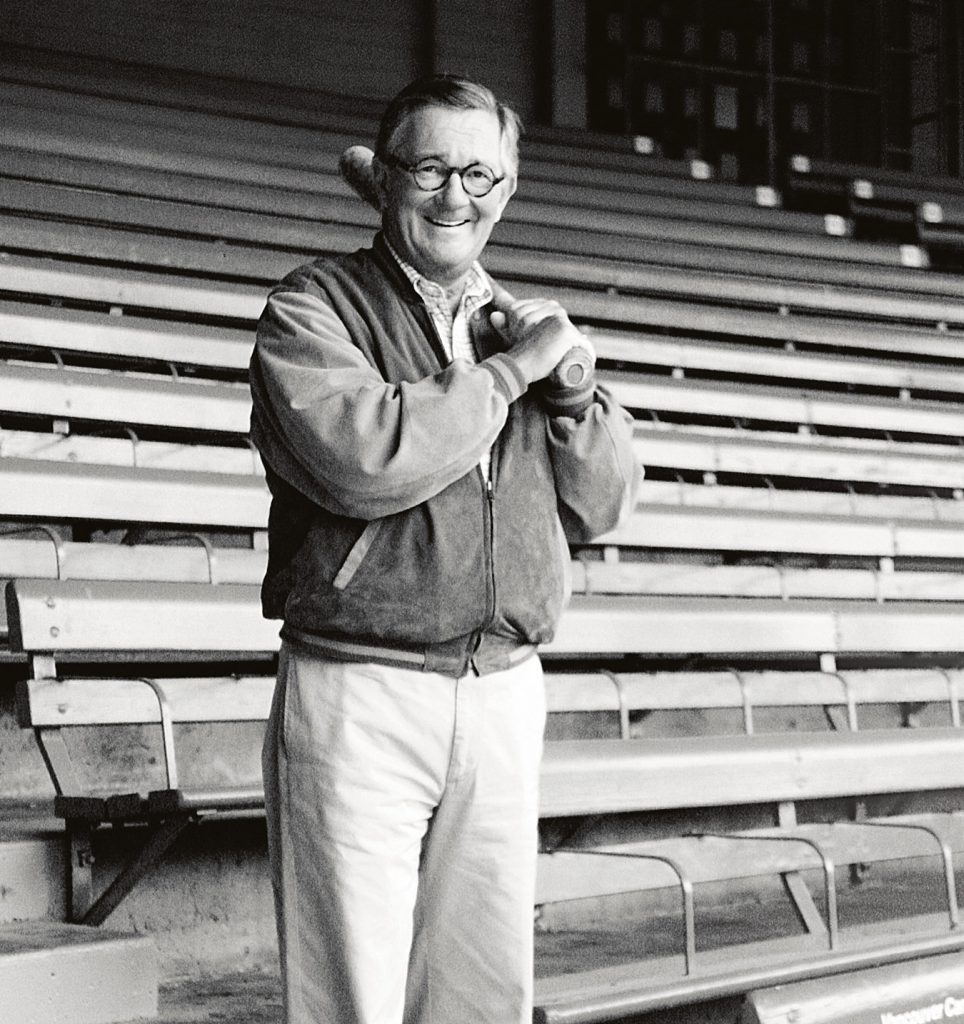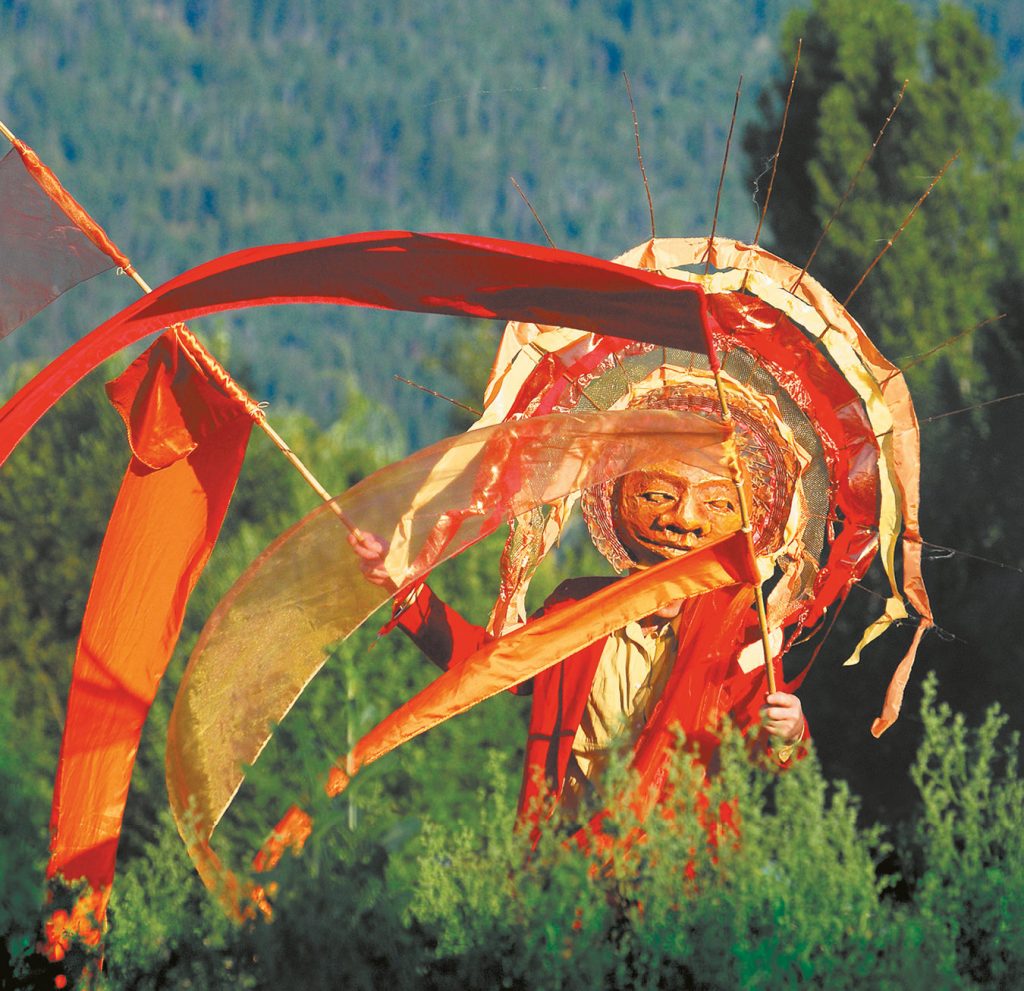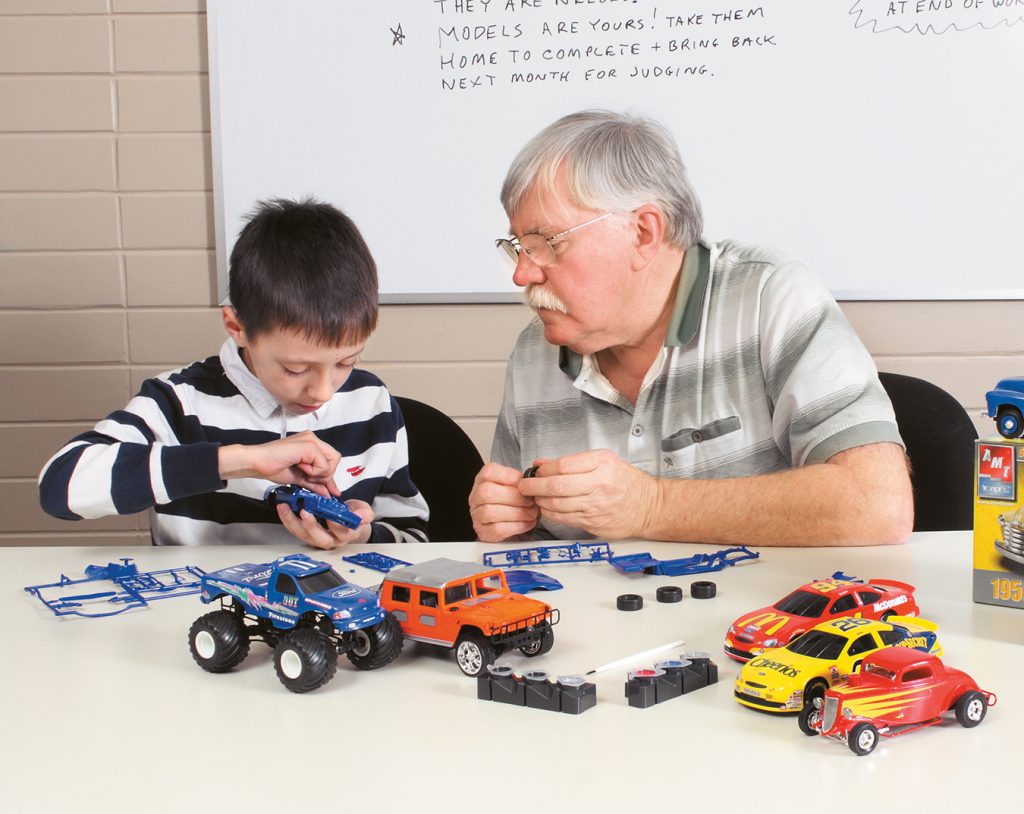He did not, in fact, leave his heart in San Francisco; and British Columbia is much the better for it. Jake Kerr had a budding career in the advertising world in the City by the Bay, and came home to Williams Lake (and eventually Vancouver) to help his ailing father sort out some business dilemmas. His father, Leslie, had founded Lignum Forest Products in the late forties, and had done a decent job of it. Failing health raised the alarm, and by the time Kerr arrived, things were a bit dire. Still, Kerr found a passion for the business, and went on to rebuild a company that is known to this day as a leader in sustainable forestry practices and in relations with First Nations peoples—with whom Lignum created many joint ventures. In retrospect, this method was ahead of its time, but his approach suggests it was not so much visionary as it was a natural expression of his personality.
“I was always a little different, in terms of how we keep score,” he says, in his offices at Lignum Investments. (Through a series of transactions, he has retained the name, while not actually owning the forestry products company any longer.) “For me it was about long-term goals, about responsible forestry practices, and relationships with First Nations people.” His father had set the tone, since his initial venture was in lumber buying, not in forestry. At some point, however, Leslie Kerr found himself without timber. After loaning money to the foresters, who as often as not failed to deliver the raw product, Lignum acquired numerous timber rights and mills across the Cariboo. From there, and under Jake Kerr’s guidance, the company, through simple, good business practices, became a force in the B.C. industry, and internationally.
“The first Monday morning after I was officially retired, I got up at the normal time, had my coffee and breakfast, read the papers, but at some point my wife walked up to me and said, ‘Jake, what are you going to do with your time?’ ”
What Kerr did with the company is a matter of public record, but what he has done since his putative retirement is another story, though part of a piece as well. “The first Monday morning after I was officially retired, I got up at the normal time, had my coffee and breakfast, read the papers, but at some point my wife walked up to me and said, ‘Jake, what are you going to do with your time?’ Obviously, I was in some ways needing another place to put some energy.” That is abundantly clear. A press release states: “The Board of Governors of Emily Carr University of Art and Design is pleased to announce the appointment of Jake C. Kerr as the University’s first Chancellor. His appointment for a three-year term begins September 1, 2008.” Well and good. But previously, he received the Order of Canada and the Order of British Columbia. He has even received an honorary doctorate of laws degree from Simon Fraser University. And that, in some ways, is just the beginning of his retired life. “I wanted to make a difference, above all,” Kerr says. “We built a world-class office in Williams Lake, in 1978. There was no return on that investment, on the surface. But people, the people who worked for us, their surroundings matter. It is about feeling good about your job, and about, ultimately, productivity.” He pauses, then adds, “It carries over into the work I do today.” That work includes the Chancellorship at Emily Carr, but also his principal ownership of the Vancouver Canadians baseball team and Nat Bailey Stadium, plus his Chairmanship of the Vancouver Foundation.
“I love baseball, and have loved Nat Bailey since I was eight years old”, he says. “When Jeff Mooney and I decided to buy the team and the stadium, it was not to make a lot of money. I don’t expect any real profit any time soon.” Mooney, executive chairman of A&W Food Services of Canada, purchased approximately 30 per cent of the operation, and together he and Kerr renovated the stadium, renewed a professional relationship with the Oakland Athletics, and began the sometimes arduous process of renewing public interest in the local team.
“Jake brought energy and enthusiasm back to the ballpark, but that’s not all,” says Rob Fai, who handles the public and media relations duties for the Vancouver Canadians, and is also the team’s play-by-play broadcaster. “We built a small, dedicated team, and believe me, Jake knows how to hire the right people, people who ‘get it’.” Fai is clearly one of those. His hour-long Sunday noon broadcasts on TEAM 1040 radio are stellar, and include guest appearances by Hall of Fame ballplayers, such as Ferguson Jenkins and Nolan Ryan. Meanwhile, the park’s concourse has been renovated to an exact replica of its look circa 1951; the seats are new, the centre field fence is closer, and the attendance is rising steadily each season. Kerr says, “The stadium and the team are a factor in this community, in the summer. It would have been a shame to let it disappear.”
“Philanthropists are completely different than in previous generations. We need new ways of communicating with them, because they really want to know things, to be actively involved, not just cutting cheques.”
Another major endeavour is Kerr’s role as chair of the Vancouver Foundation. Established in 1943 by a small and influential group of business people, the Foundation has grown to become one of the largest funders of charities in British Columbia. Currently the Vancouver Foundation is the custodian of 1,200 endowment funds with a total market value of approximately $600-million. In 2008, Vancouver Foundation distributed $60-million to a broad spectrum of initiatives and non-profits in B.C. Catherine Clement is communications director for the foundation, and enthusiastically relates some of their success stories. “We support small community art programs, in places like Grindrod, just outside Enderby. We support various medical and health initiatives, and some business start-ups. But, there are the tiny grants that have a huge impact that I find so fascinating. For example, a gentleman in the Edmonds area of Burnaby, an avid airplane and car model buff, decided he would offer model-building classes in his garage for local kids—many of whom spend a lot of time on the street. It turns out that the classes became so popular he could no longer afford the cost of supplying the models. So he applied for a small grant, which the foundation awarded him, and the thing is a great success, on a very modest scale.”
Kerr is understandably proud of what the Foundation achieves, but notes that “in these difficult times, the funding is much more difficult to come by. Faye Wightman [president and CEO of the Foundation] does a fantastic job. We encourage people to donate, both money and their time if they wish. But fundraising and dealing with different levels of government is a big part of my work here.” Change is something he embraces, which is a good thing, since “philanthropists are completely different than in previous generations. We need new ways of communicating with them, because they really want to know things, to be actively involved, not just cutting cheques.” The qualities that made Jake Kerr successful over the years he spent in the forestry industry are manifest in his current busy regime. He finds the right people for the right jobs, and creates an environment that breeds success. “It does carry into the work I do now,” he asserts. “I have always had the same goal in mind: to make a positive difference in our community.” It is safe to say that challenge has been well met.
Jake Kerr photo: Paul Yates.
Vancouver Foundation Photos: James Murray & Tiffany Brown Cooper.











